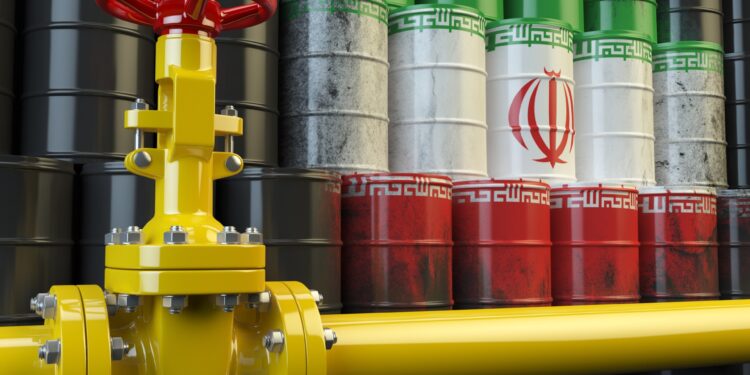The British newspaper The Economist said that Donald Trump, the US President-elect returning to the White House, may get a new opportunity to exert “maximum pressure” on Iran to push it towards a more stringent nuclear agreement through sanctions, a policy that did not meet with complete success in his first term in office between 2016. And 2020.
The newspaper pointed out that many of the sanctions remained in effect during Joe Biden’s presidency, but American implementation stopped, as Iranian oil exports rose from less than 600,000 barrels per day in 2019 to 1.8 million barrels per day earlier this year, all of which were sold. Almost to China.
Analysts believe that imposing more stringent US sanctions could prevent up to one million barrels per day of Iranian exports, which could lead to halving Iran’s oil revenues at a time when its budget deficit is already rising, according to what the newspaper reported.
However, Trump may be able to avoid a significant rise in US gasoline prices, according to the newspaper, as the International Energy Agency expects an oil supply surplus exceeding one million barrels per day in 2025, and the market may be able to absorb the loss of some Iranian crude.
Resume pressing
The British newspaper says that those close to the president-elect are keen to resume pressure when they take power next January, but such talk has raised concern in the Middle East, and not just in Iran.
Although Trump has been vague about his plans, many of his Cabinet nominees support tougher sanctions. His Secretary of State nominee, Marco Rubio, opposed the original nuclear deal and criticized Biden for failing to impose an oil embargo, while incoming National Security Advisor Mike Waltz wants “Re-imposing a diplomatic and economic pressure campaign” on Iran, the newspaper reported.
On the other hand, there may be opposing voices, according to the newspaper. Former Congresswoman Tulsi Gabbard, who is expected to be Director of Intelligence, once supported the sanctions imposed on Iran, but recently opposed them.
Supporters of tough sanctions have spent 4 years developing detailed plans for how to implement them, and skeptics have no clear alternative, and the new administration is likely to adopt the ready-made policy, according to The Economist.
Temporary effect
However, the effect may be temporary because Iran has built a resilient network to defy US sanctions, so the question – according to the newspaper – is: What does the United States want to achieve through sanctions that are supposed to be a means and not an end?
There is widespread consensus beyond the next administration on the necessity of concluding a new nuclear agreement, and even some supporters of the original agreement, known as the “Joint Comprehensive Plan of Action,” rule out returning to it, says the British newspaper.



